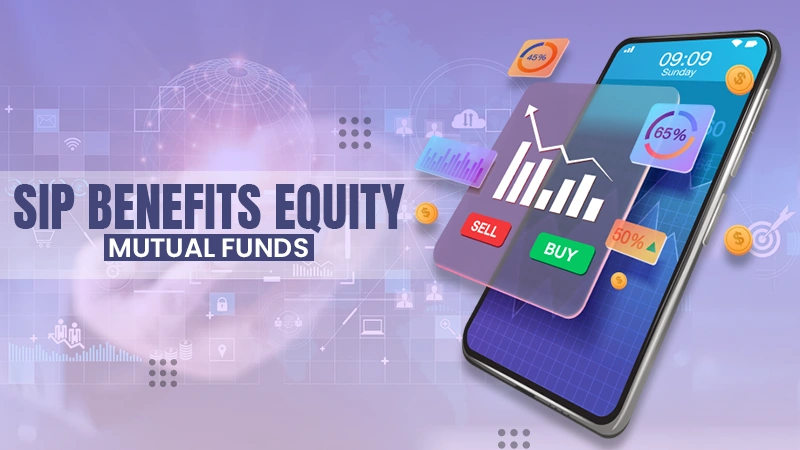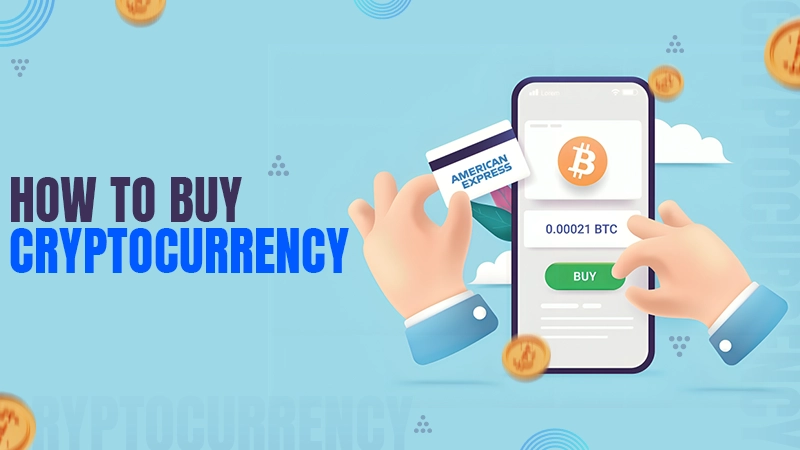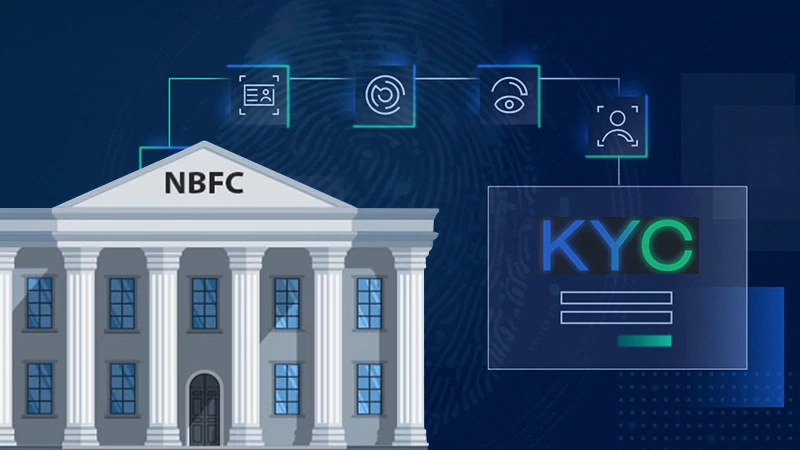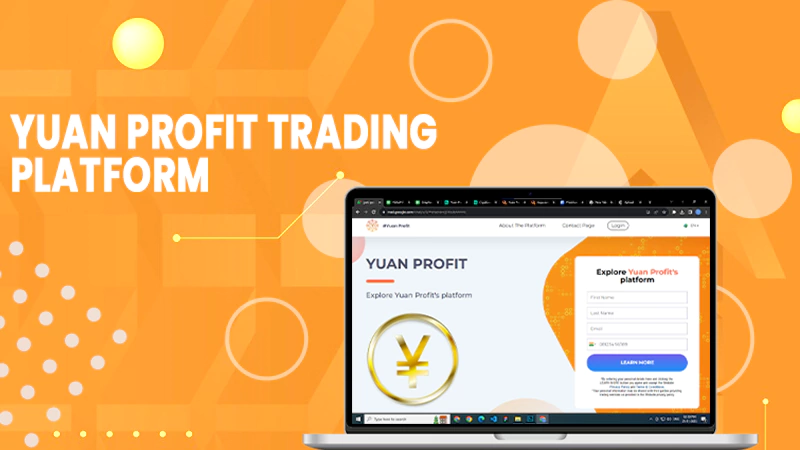How to Choose the Right Marketplace Payment Solution?
You need to establish a way for money to exchange hands when you set up your marketplace. You typically receive money from buyer and seller with a portion of the transaction going to you.
This article will help you decide how to choose a payment processor for your marketplace.
Payment solutions for marketplaces.
Types of Marketplace Payments
Generally, there are three main ways for supply and demand to transact on a marketplace:
No payments. This occurs when the company directs the exchange of money outside of the marketplace.
3rd party referral. Payments are processed online through a participating payment processor. The supplier needs to link their merchant account to the platform.
Embedded payments. Suppliers can join the marketplace as merchants through a variety of different solutions. Companies control how money flows through the system and how merchants are paid.
How to Choose the Right Marketplace Solution?
Availability in Your Target Markets.
Payment collection ability in marketplace payment determines whether or not you can accept payments in the market where you operate. Considering a payment solution’s currency support is also important. You have more business opportunities if you can process more currencies.
Quality of Customer Service.
Payment service providers are important business partners with whom you should expect to speak often. These communications must flow smoothly.
PSPs of smaller sizes are usually better at this. When it comes to feature sets, small companies cannot compete with larger players. They must make up for this by providing dedicated support and targeting a narrow enough market segment.
Furthermore, small companies with a limited feature set find providing high-quality customer support easier since everyone in the support team is familiar with the product.
Multiple orders can be paid with one payment when using the mass payment feature. Orders that include goods from different vendors are automatically split and distributed among those vendors by the payment system
Tax Reporting Tools.
Sellers operating on your marketplace can greatly benefit from it. If a vendor’s annual revenue is more than $20,000, for example, a tax report must be provided. Payment providers offer vendors selling via your marketplace tax reporting tools, but these aren’t always part of their core functionality.
Can They Bring You Visibility?
You can sometimes receive benefits from a payment service provider that go beyond functionality. They only profit if your transaction volume is high because their business model is similar to yours. The business owners have a vested interest in helping you succeed.
Ease of Integration
Payment systems for online marketplaces are complex to build. Even more than the features a PSP offers, the speed with which it can be integrated with your business system could be important, especially if you’re a small business.
You should now begin searching for the most popular options for your marketplace payment gateway, now that you know what features to look for in a payment gateway.
Creating Trust Without Payments
A company cannot arbitrate if it has no control over the transaction. Bad transactions can’t be prevented, refunds can’t be forced, and suppliers can’t be withheld. Customers on Amazon Marketplace can buy with confidence, while Craigslist customers must exercise learned vigilance to avoid being scammed.
Follow Us
Latest Post
















